Being polite is generally a good thing, but when it comes to bartending, there are certain habits that, while well-intentioned, can irritate the very person you’re trying to be courteous to. Here’s a list of 12 polite habits bartenders don’t like and why they can be more of a hindrance than help.
Waving to Get Their Attention
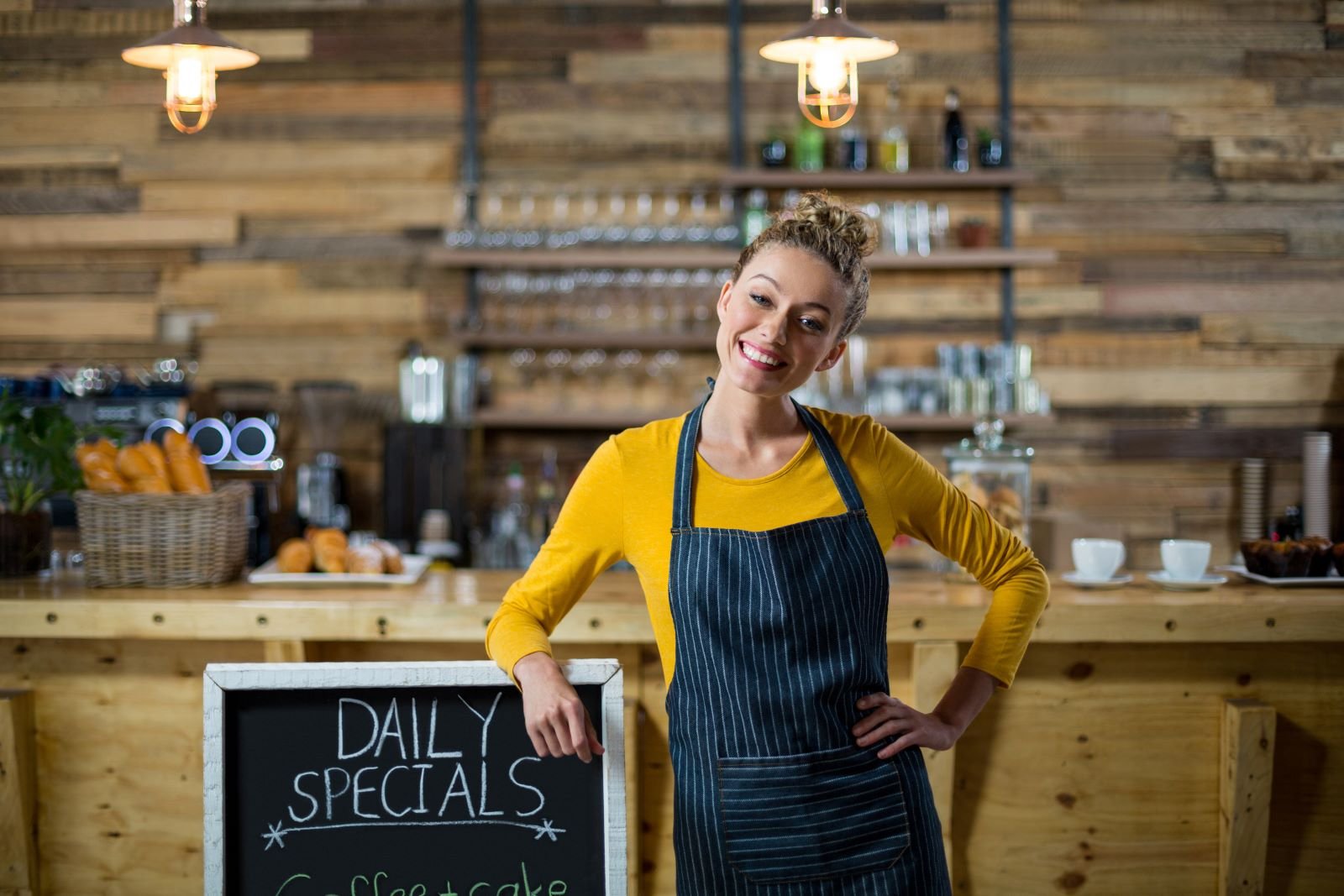
Bartenders work in an environment where they constantly scan the room to observe who needs what. They are trained to serve around 60-90 drinks in an hour, which is a stressful and demanding task.
Waving can disrupt this process and convey you don’t trust the bartender to notice them. This can create unnecessary pressure on the bartender. Instead of waving, it’s better to make eye contact or wait for a natural moment when the bartender is ready to take your order.
Asking for “Whatever’s Easiest”
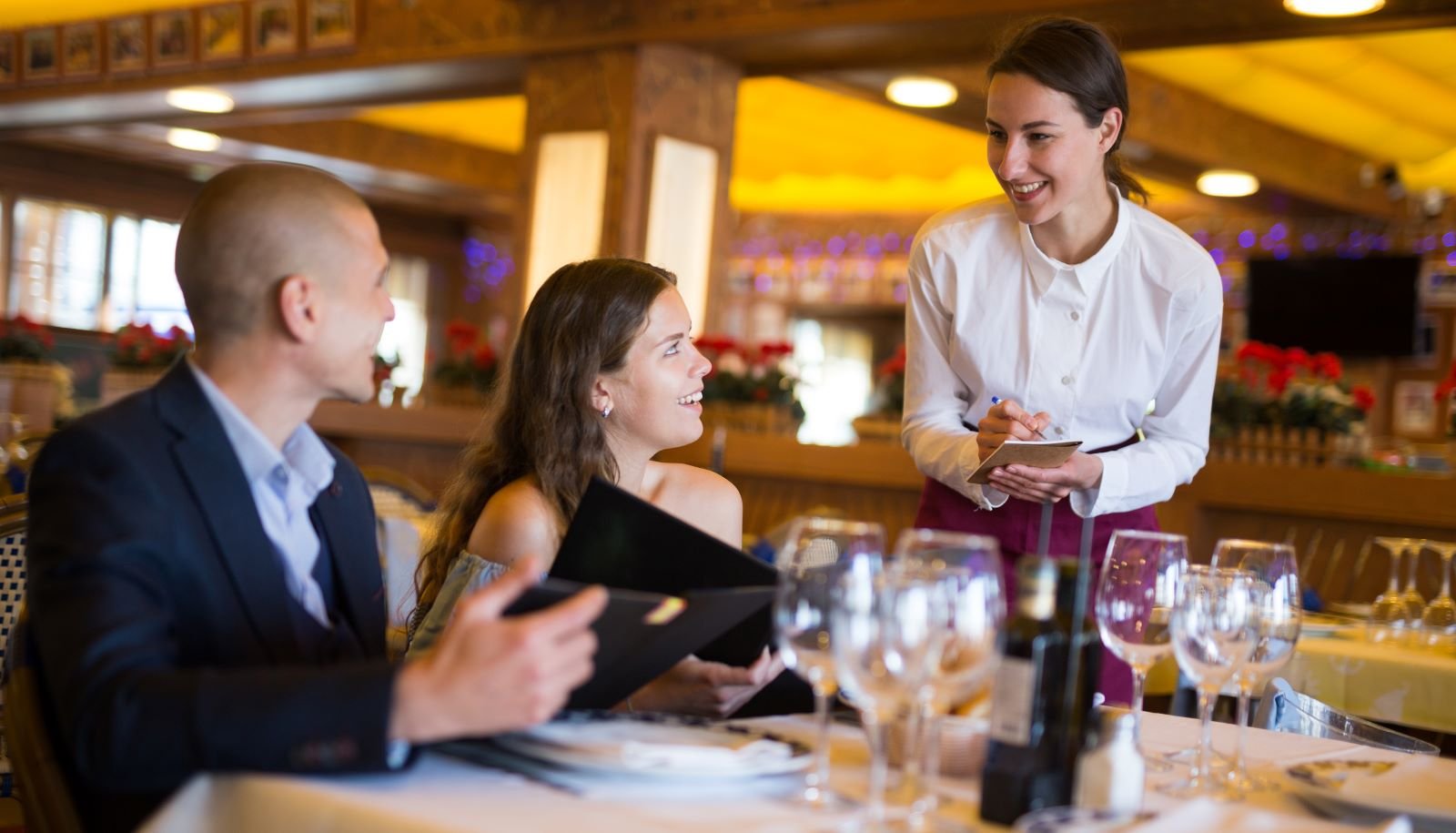
When customers ask for “whatever’s easiest,” they believe they’re being low-maintenance. However, this vague request can put the bartender in a difficult position. This forces them to decide without knowing the customer’s preferences.
They may wonder what the customer likes or if they have dietary restrictions. This can lead to unnecessary back-and-forth communication. It’s much more helpful to ask for something simple that doesn’t confuse the bartender.
Tipping Before Service
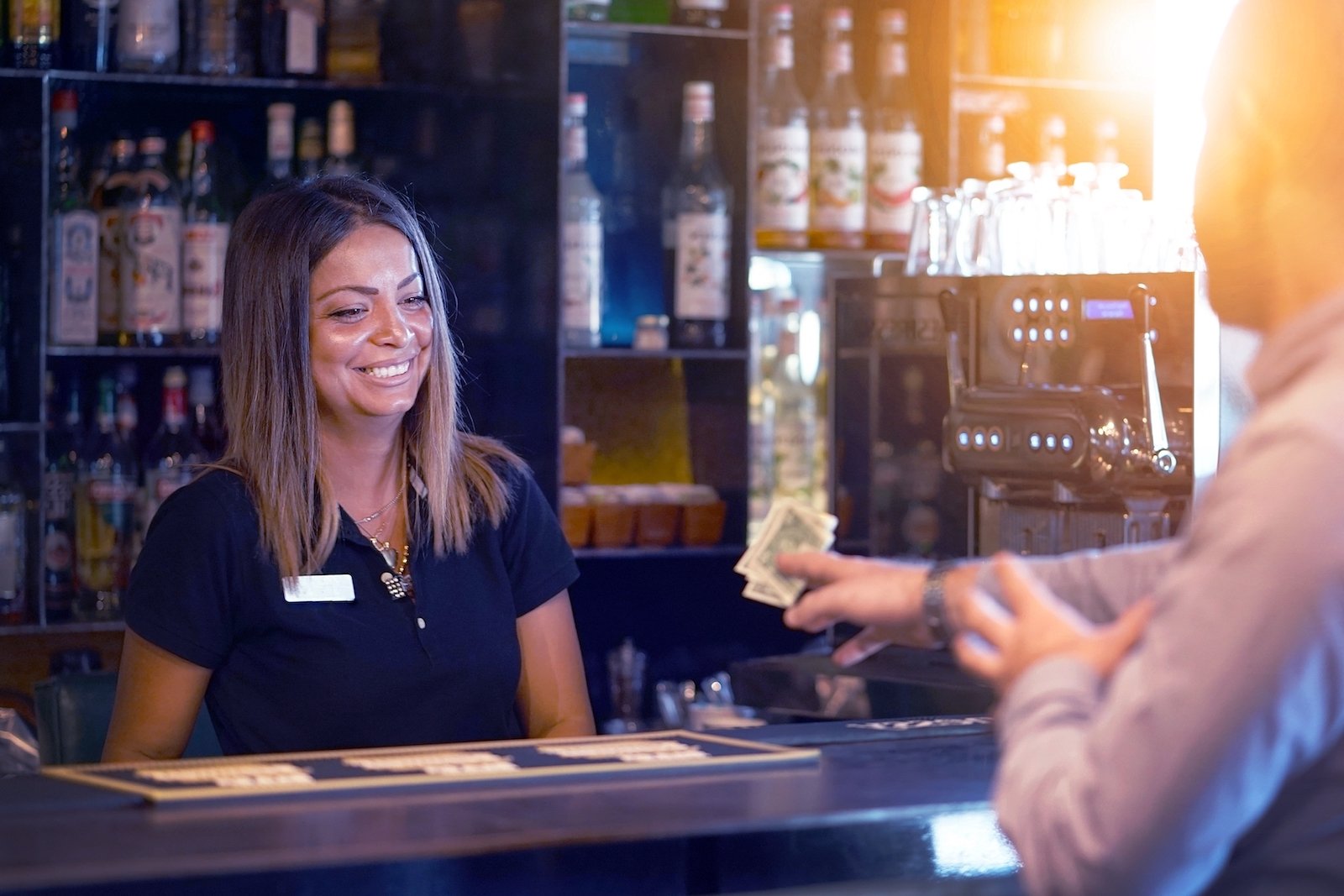
Tipping is a crucial part of a bartender’s income, and about 53% of Americans regularly tip bartenders to show appreciation. However, tipping before service can create a sense of obligation for the bartender.
They might feel pressured to prioritize your order over others, potentially lead. A better approach is to tip based on the quality of service you receive, allowing the bartender to work without added pressure.
Offering to Help Clean Up
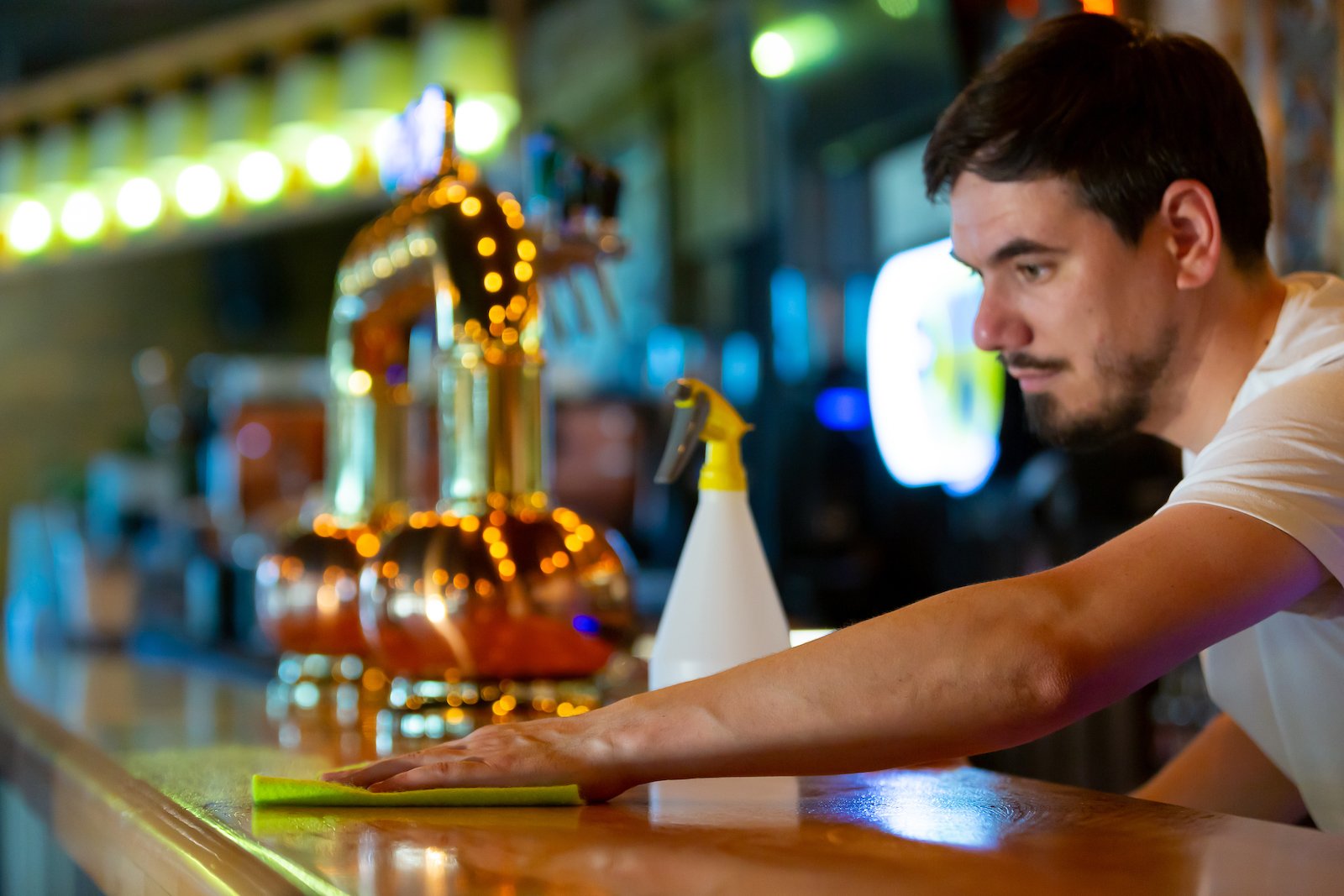
It’s natural to want to help, especially if the bar is busy and the bartender has a lot on their plate. However, offering to clean up can interfere with the bartender’s established workflow.
Barbacks assist bartenders in handling glassware, spills, and other cleanup tasks. This system is designed to be efficient and hygienic. When customers try to help, they can unknowingly disrupt it. Let the bartender handle the cleanup and focus on enjoying your time at the bar.
Over-Explaining Why You’re Tipping
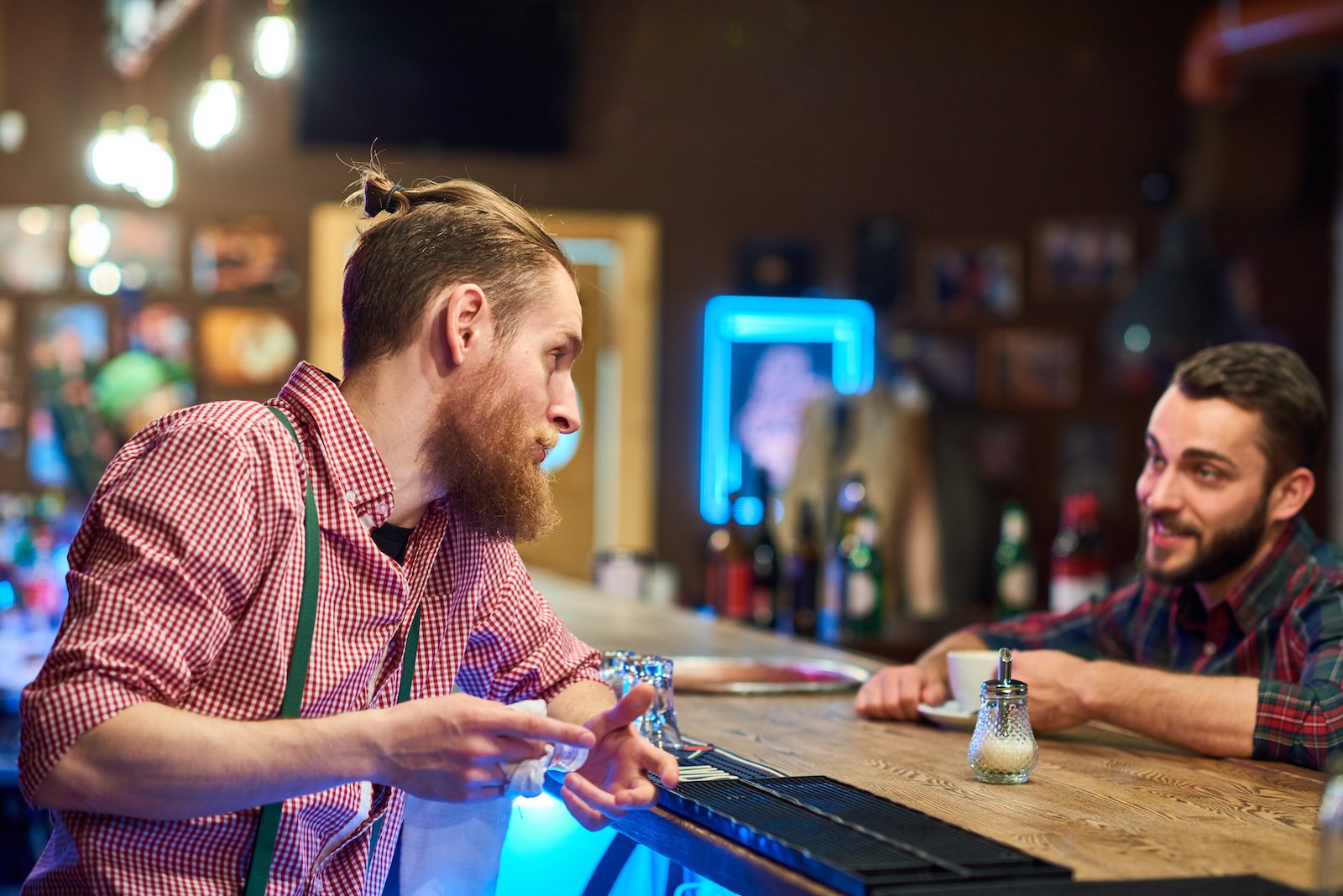
Tipping is a standard practice, and most bartenders appreciate a straightforward transaction. However, when customers go into great detail about why they’re leaving a tip, it can create an awkward situation.
Bartenders are used to receiving tips and generally don’t need an explanation. Over-explaining can make the interaction feel forced or uncomfortable. Leave a tip without additional commentary—your gratitude will be appreciated.
Being Overly Chatty When It’s Busy
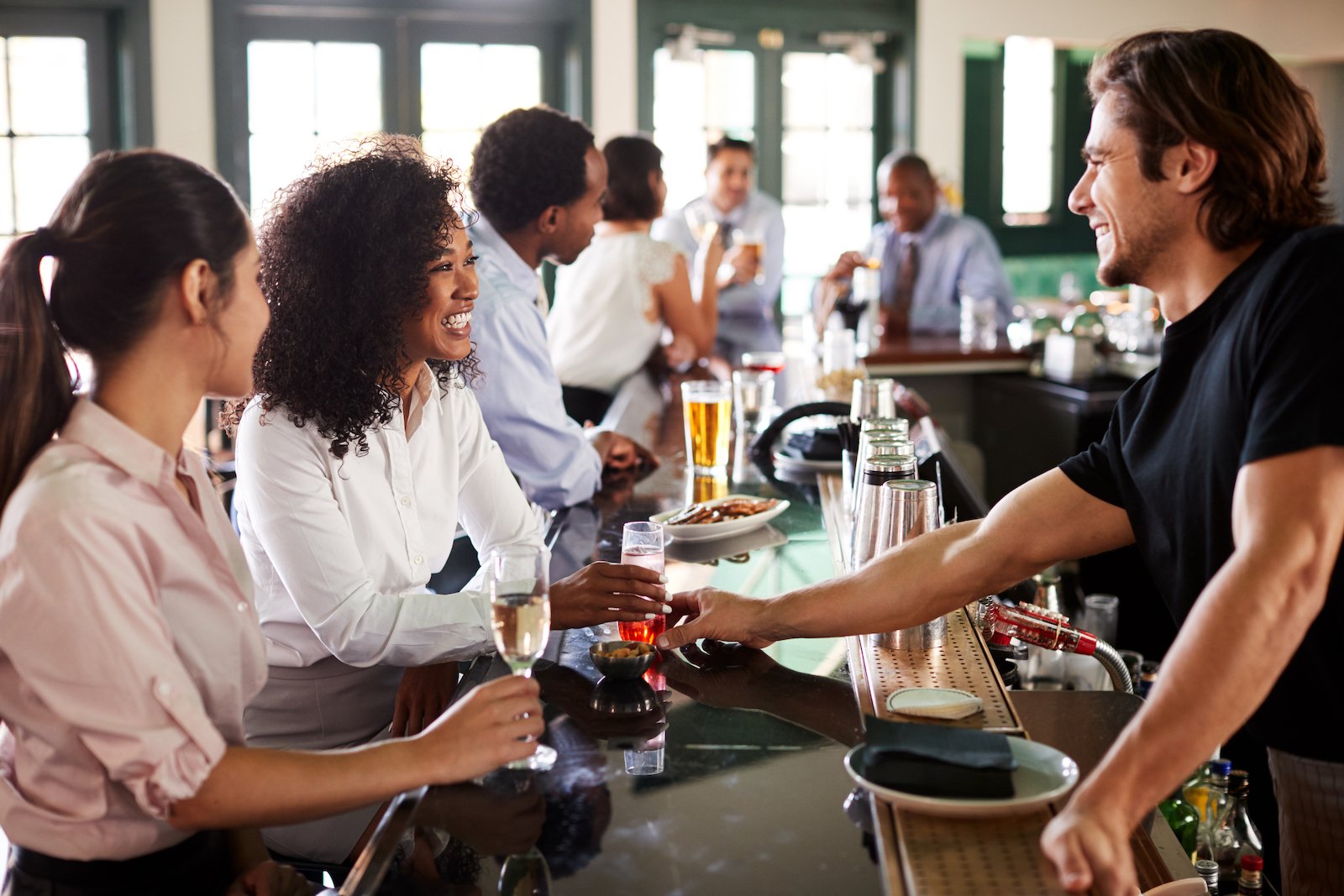
Part of the charm of going to a bar is the opportunity to chat with the bartender, but timing is everything. When the bar is busy, bartenders juggle multiple tasks, from mixing drinks to taking orders to handling payments. Prolonged conversations can slow them down.
While bartenders enjoy engaging with patrons, they must prioritize efficiency during peak times. A quick, friendly exchange is always welcome, but it’s best to save longer conversations for a quieter moment. This ensures that the bartender can keep things running smoothly.
Asking for a Drink to Be “Extra Strong”
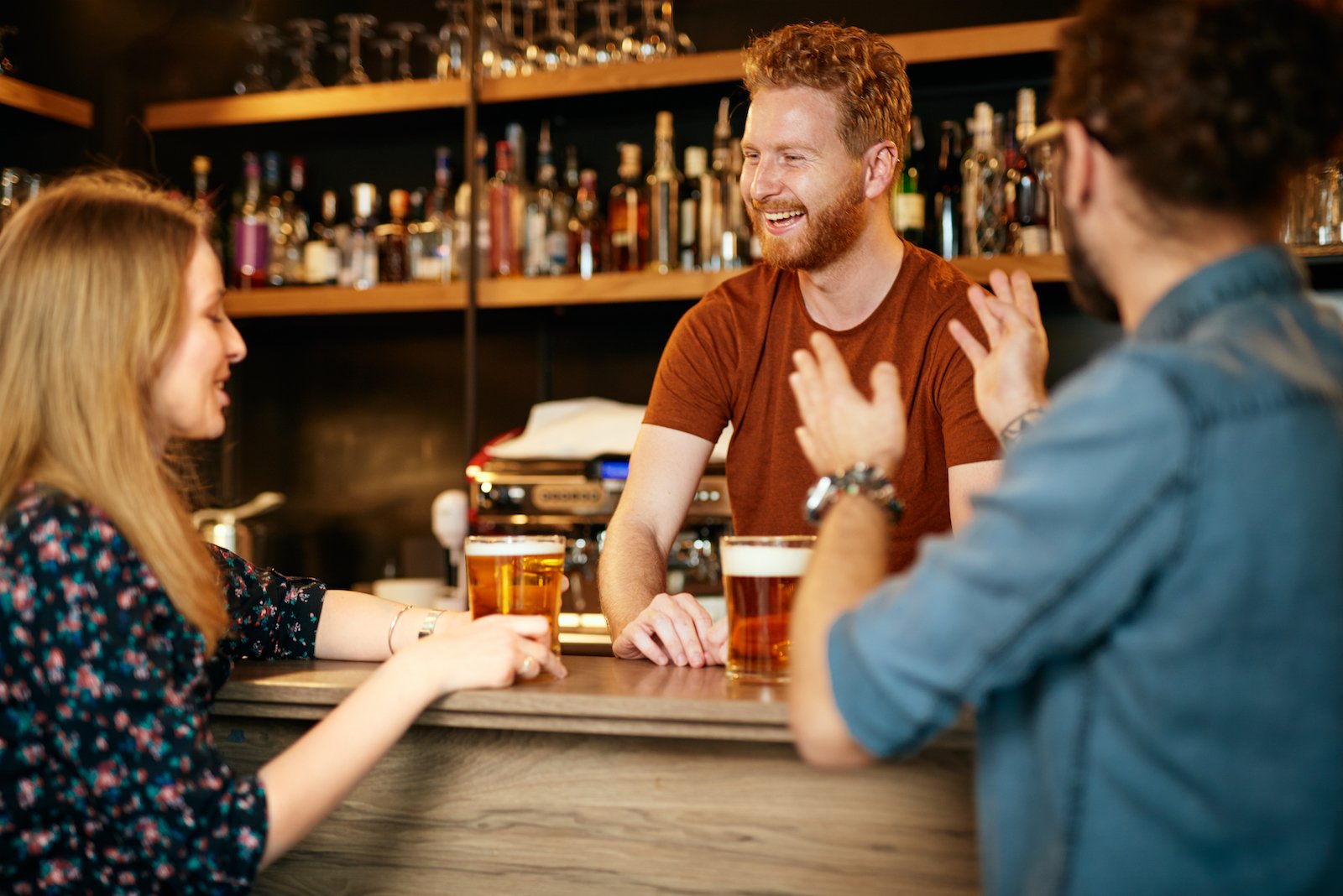
When you ask a bartender to make your drink “extra strong,” you might think you’re subtly requesting a better value. However, this puts the bartender in an uncomfortable position. Bartenders make drinks according to specific recipes, ensuring a balanced flavor profile.
Bars also monitor their alcohol usage closely, and deviating from the standard pour can lead to discrepancies that the bartender might have to explain later. Moreover, over-serving alcohol can be a liability. It’s best to order a double if you want something stronger.
Insisting on Counting Exact Change

While offering exact change may seem like a helpful gesture, it can slow down the bartending process. Bartenders are trained to handle transactions quickly. When you insist on counting out exact changes, it disrupts the service, particularly in a busy bar.
Counting small coins can be time-consuming and may cause delays for the next customer in line. Additionally, fumbling with change can increase the chances of mistakes. Bartenders prefer making changes swiftly to keep the line moving and ensure everyone gets served promptly.
Tasting Multiple Wines Before Ordering

It’s understandable to want to find the perfect wine, especially if you’re planning to savor your drink. However, asking to taste multiple wines can be time-consuming, particularly during peak hours.
While bartenders happily accommodate a taste or two, requesting several samples can slow the service. This habit can be especially frustrating when the bar is busy. You can ask the bartender for a recommendation based on your preferences or try a wine flight if available.
Complicated Custom Orders During a Rush
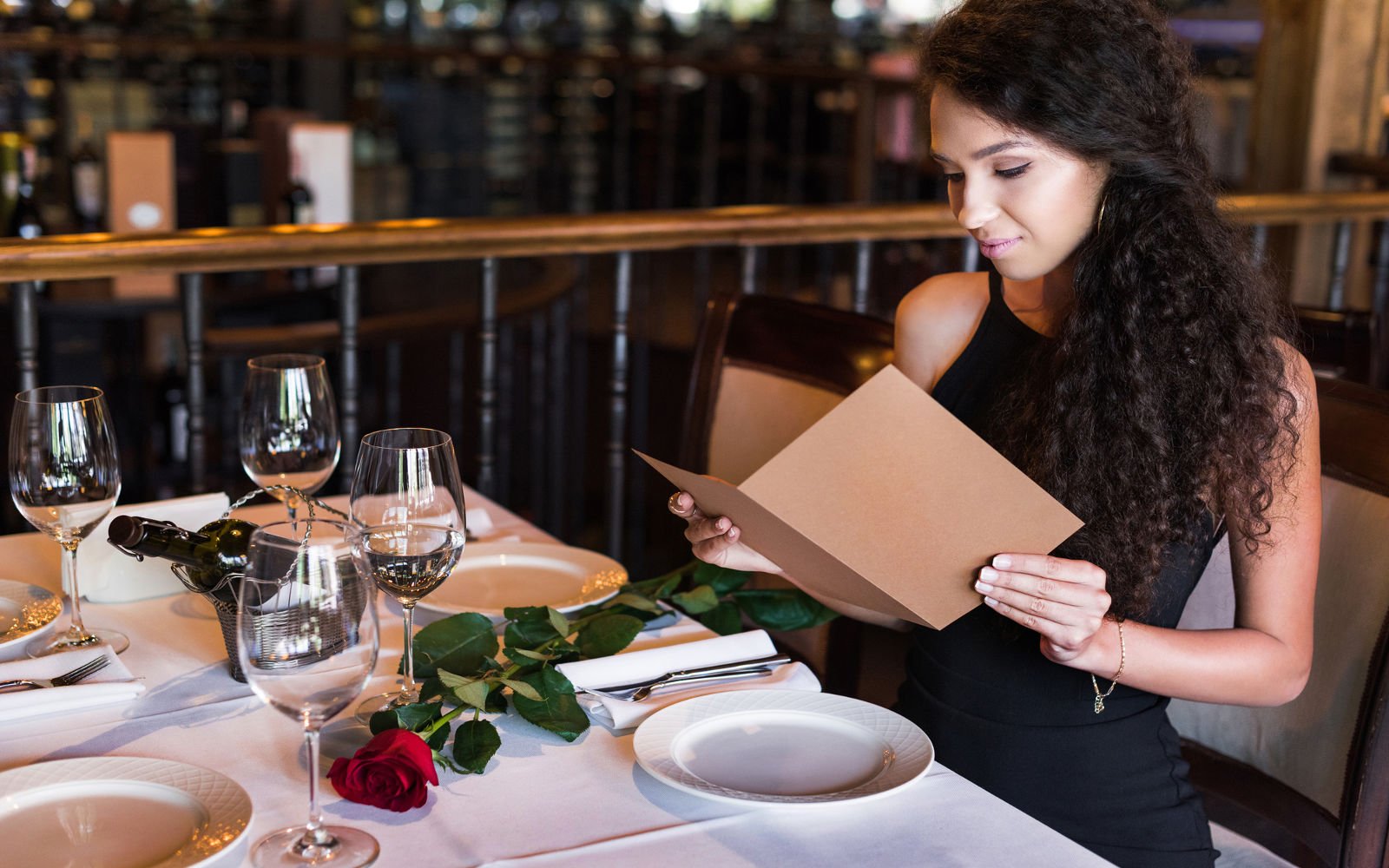
Custom orders can be a fun way to get precisely what you want, but they can also be challenging for bartenders, especially during a rush. Complex drink orders with specific ingredients or preparation methods require more time and attention.
Bartenders are trained to make different drinks efficiently, but when the bar is busy, they ensure that everyone is served promptly. A highly specific or customized drink order can add stress to the bartender. If you have a special request, it’s best to ask when the bar is less busy.
Offering a Drink
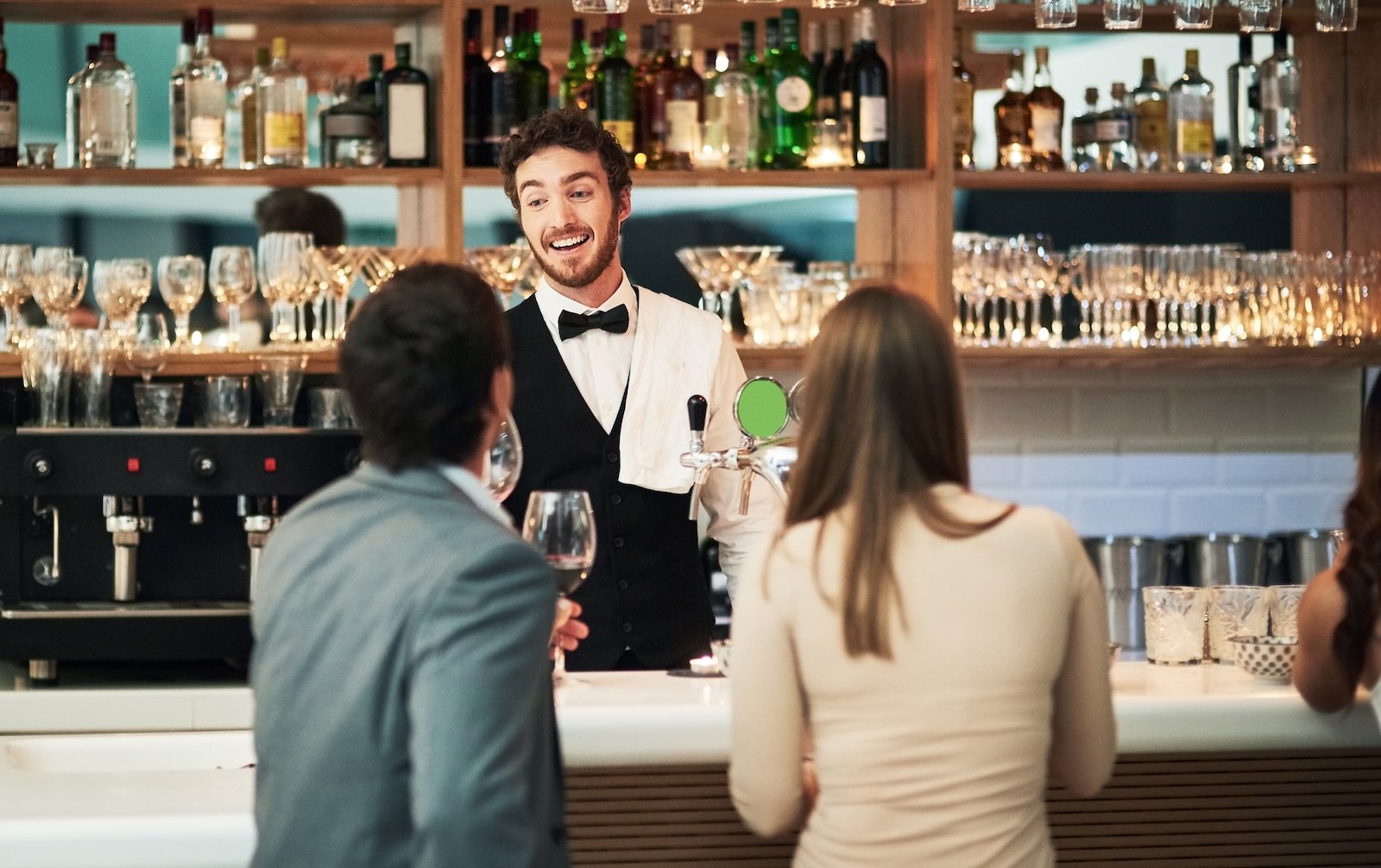
Offering to buy the bartender a drink is a common gesture of appreciation, but it can create an awkward situation. Bartenders often have strict rules about drinking on the job, and accepting a drink from a customer might not be allowed by their employer.
Even if the bartender is allowed to have a drink, they may not do so while working, as it could affect their ability to serve other customers. The offer can put the bartender in a position where they have to refuse, making both parties uncomfortable.
Not Mentioning Allergies or Preferences

Waiting until after you’ve placed your order to mention an allergy or dietary preference can cause significant issues for the bartender. While you might think you’re being polite by not making demands upfront, this approach can lead to wasted time and ingredients.
If the bartender has already started preparing your drink, they may have to start over entirely. By mentioning any allergies or preferences upfront, you allow the bartender to ensure that your drink is made safely and to your satisfaction from the start.


